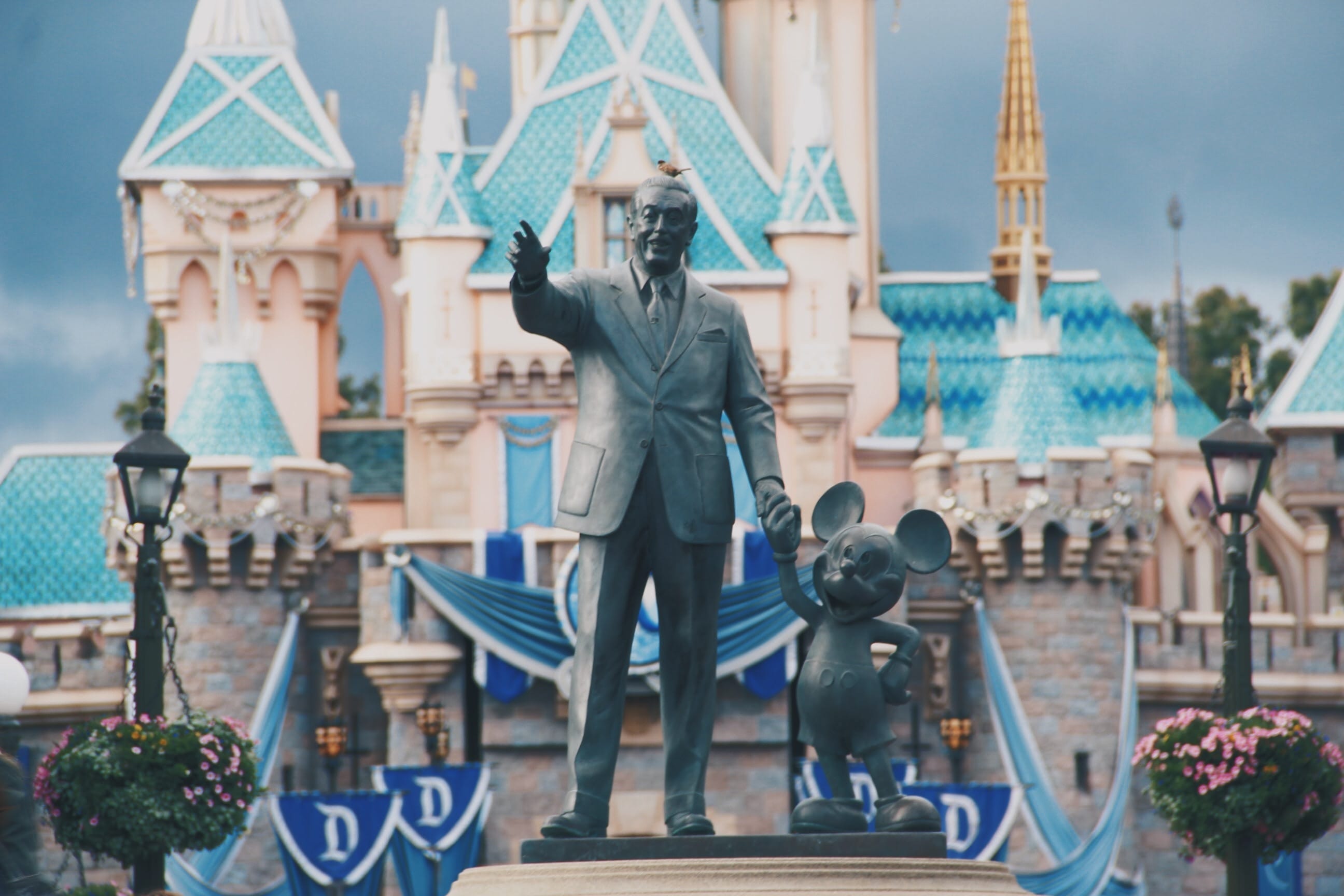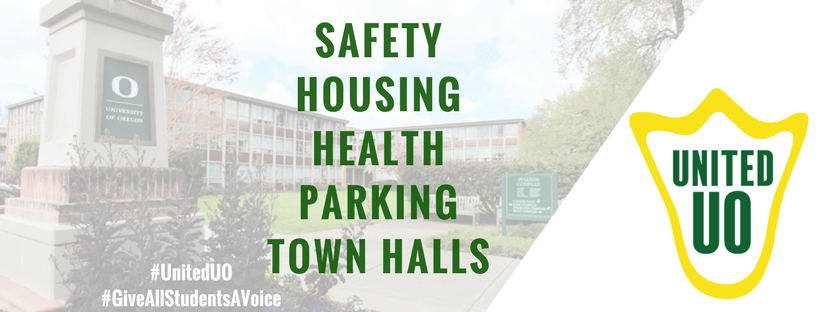By Sierra Goodman
Starbucks is known for taking a stand on political issues such as gay rights, gun control, immigration, race and environmental concerns. When the coffee company was confronted with a racial profiling crisis earlier this month, the company leaned on their corporate values to address the issue quickly and implement steps toward a solution.
On April 12, two African-American men by the name of Donte Robinson and Rashon Nelson went to a Starbucks in Philadelphia for a business meeting. While waiting for another person, Nelson asked the manager if he could use the restroom but was declined because he did not buy anything. After Nelson returned to his table, the manager asked them if they wanted to order drinks. When they declined the manager proceeded to call police for suspicion of trespassing. This all occurred in the span of two minutes. Shortly after the call, police arrived and asked the men to leave. When Robinson and Nelson refused, police arrested them with double lock handcuffs without their rights read or an explanation. Starbucks did not press charges.
The incident has received an enormous amount of media attention. Starbucks customers took videos and posted on social media to document and share. Starbucks is now facing a crisis due to the fierce criticism from protests at the Philadelphia location and social media with the hashtag #BoycottStarbucks. On April 14, two days after the incident, executive chairman and past CEO, Howard Schultz; current CEO, Kevin Johnson; and Starbucks corporate released separate statements apologizing for the situation.
Johnson appeared on Good Morning America for a one-on-one interview with Robin Roberts. He made a personal apology to Nelson and Robinson, addressed how Starbucks plans to prevent something like that from ever happening again, and created a dialogue about how the company will address racial profiling. Since then, a spokeswoman followed up on the statements made in the interview citing that Johnson did indeed meet with the two men but declined any comment on details. After further investigation, the manager who called the police on Nelson and Robinson has been terminated.
Johnson’s response has received positive feedback from the media for the way he took full responsibility. Starbucks executives have been applauded for their responses on other media platforms and full cooperation with Philadelphia Mayor, Jim Kenney, and the Philadelphia Commission on Human Relations.’
Johnson noted that the company does not have a company-wide policy about asking people to leave the store. The company leaves safety and customer service protocol up to store managers. However, they acknowledged that the incident is at odds with the common practices at Starbucks. The stores are used as “community” hubs, where people may come to use the WiFi and hang out without buying anything.
Starbucks has always made its mission to connect with people one way or another through its coffee “to inspire and nurture the human spirit.” Schultz has taken that mission seriously by implementing widely recognized CSR practices including the use of ethically and sustainably sourced products, environmentally friendly operations and socially conscious programs. Many Starbucks campaigns have reflected its mission and practices to make an impact on the world and the customers the company serves.
For instance, in 2015 Starbucks implemented a ‘Race Together’ campaign giving baristas the option to write the words ‘race together’ on a customer’s cup. The idea was to encourage people to talk about race. The campaign faced backlash for multiple reasons but the company moved forward feeling it was “well worth the discomfort.”
On April 17, Starbucks announced that all U.S. company-owned stores will close on May 29, to conduct a racial-bias training. The curriculum will be designed by nationally recognized experts to address implicit bias, promote conscious inclusion, prevent discrimination and ensure everyone at Starbucks feels safe and welcome. They hope to make a change for the company and help other organizations to learn from example as well.
There has been question to whether the training session will actually work and make an impact in their stores nationwide. Only time will tell. For now, here are four takeaways from Starbucks’ response to the crisis:
- They had established CSR practices and attempted proactive efforts toward corporate responsibility to race.
- Leadership responded in a timely manner and closed the store location to allow a justified protest.
- They took full responsibility without blaming other variables and apologized to the victims and others affected.
- They set a plan in action to prevent future incidents and communicated it to the public, media and other officials throughout the process.
Other organizations should take note of the steps Starbucks took to ensure a timely and well-communicated response to a situation that could have otherwise blown out of proportion.












